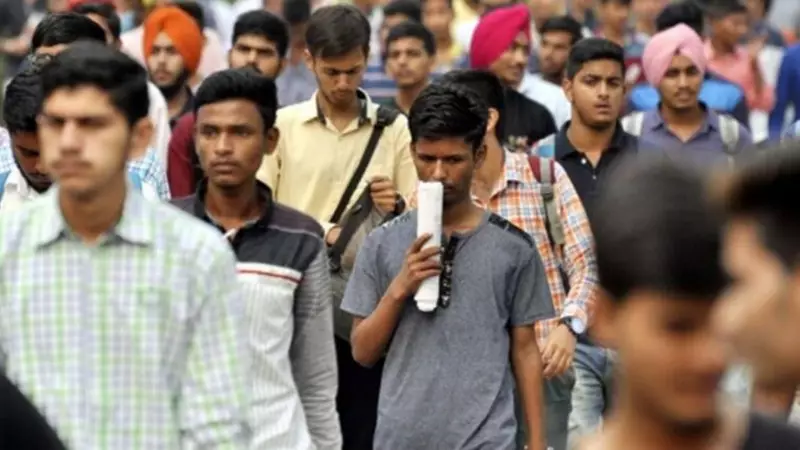
In a landmark decision set to transform the lives of millions, India has officially brought gig and platform workers under a formal welfare framework for the first time. Major aggregators including Amazon, Flipkart, Swiggy, and Zomato will now be required to contribute to a national social security fund, providing a safety net for their delivery personnel and drivers.
The move, enacted through the government's notification of the Code on Social Security, aims to extend basic protections like health coverage, accident insurance, and old-age support to workers in non-traditional employment structures.
A New Framework for a New Workforce
The Code on Social Security, 2020, provides the first legal definitions for 'gig workers', 'platform workers', and 'aggregators' in India. A gig worker is defined as a person performing work outside the traditional employer-employee relationship. Platform workers, a key part of the gig economy, are those who work with companies like Amazon and Zomato as drivers or delivery persons.
To operationalize these benefits, platforms must collaborate with the government to register every gig and platform worker on a national database. This registration will be powered by an Aadhaar-linked Universal Account Number (UAN), ensuring that welfare benefits are portable and can move with the worker across state borders—a critical feature for a highly mobile workforce.
Building the Social Security Fund
The heart of this new initiative is the creation of a dedicated Social Security Fund for gig and platform workers. This fund will be financed through multiple channels:
- Contributions of 1–2% of annual turnover from aggregators like Amazon and Flipkart.
- Contributions from Central and state governments.
- Corporate social responsibility (CSR) funds.
The total contribution from an aggregator is capped at 5% of the amount payable to their workers. This fund will finance a suite of welfare schemes, including life and disability insurance, health and maternity benefits, and provident fund schemes.
What This Means for Millions of Workers
Industry experts hail this as a monumental step. Rishi Agrawal, CEO of Teamlease Regtech, stated that for years, gig workers subsidized India's growth from the margins, but now they are stepping into the system. He emphasized that millions now have access to portable benefits, health coverage, and social security that enable mobility.
Key entitlements for workers now include:
- Mandatory appointment letters.
- Accident and disability insurance.
- Portable provident fund contributions.
- Pension eligibility, regardless of employer continuity.
- Improved access to affordable credit through formal employment records.
In a significant protection, accidents occurring during travel between a worker's home and their place of work will now be treated as employment-related accidents.
According to Niti Aayog, the gig and platform sector is projected to employ 2.35 crore (23.5 million) Indians by 2029–30. Until now, this vast workforce operated without a specific law guaranteeing them social security, despite often working long hours in extreme conditions as independent contractors. This reform, announced on November 22, 2025, marks a historic shift towards recognizing and protecting their contribution to the Indian economy.





